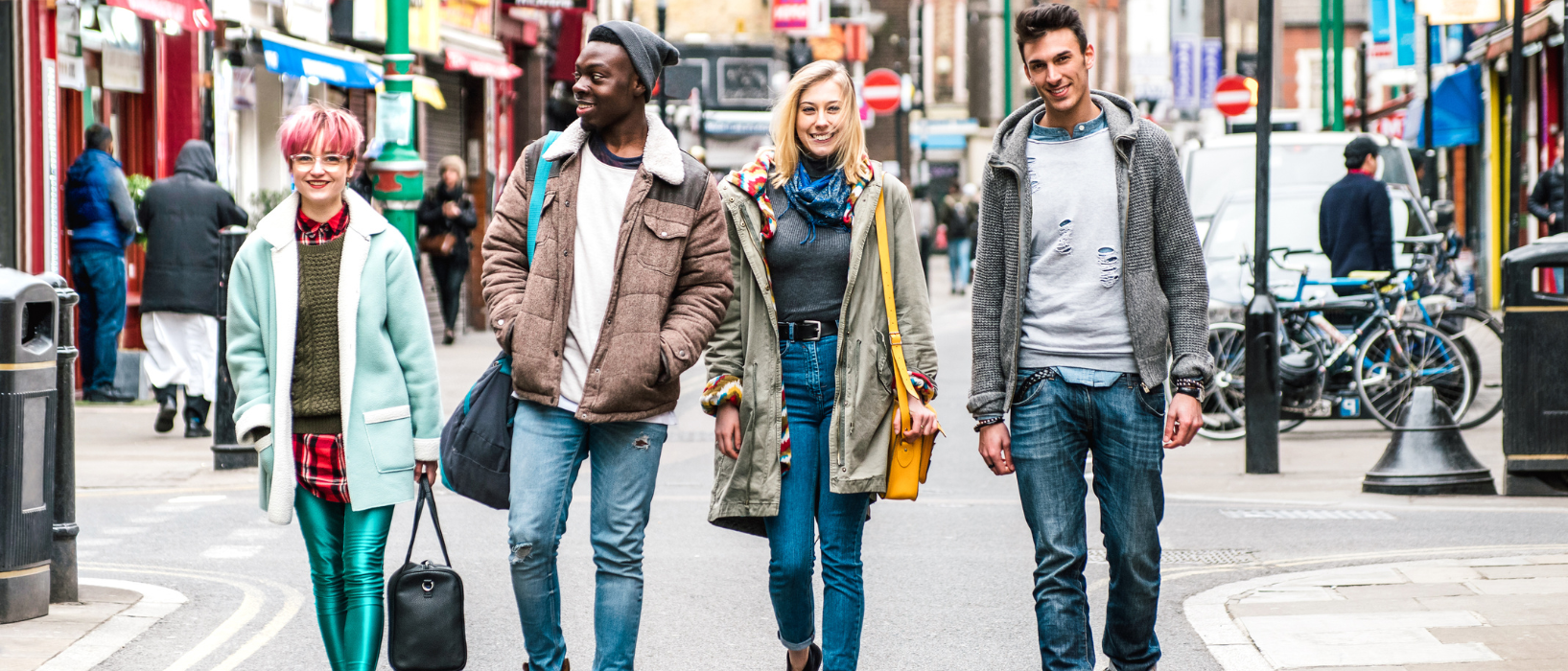
According to the latest research by WGSN and Informa Markets, consumers are likely to enter a “period of realignment” in the next twelve months that prioritises thoughtful consumption and sustainable living.
The recent WGSN poll found that consumers are wanting to embrace ethical and environmentally responsible production processes after “years of rapid industry, technological, and social acceleration.”
Their survey found that 38% of customers strongly agree and 46% somewhat believe that their purchasing habits have an impact on climate change.
According to Helen Palmer, head of materials, knits, and textiles at WGSN: “This is in a backdrop of extreme uncertainty, and there’s a lot of economic and global and political drivers that could slow sustainability down.”
Despite these obstacles, consumers are still showing interest in making decisions that are more ecologically friendly.
She added that “Consumers really do expect brands to put forward solutions to help them do better, such as initiating take-back schemes for end-of-life recycling, as well as repair.”

The social data from WGSN also revealed consumers’ growing interest in sourcing and materials. For instance, searches for organic cotton have grown by 113% since last year.
The WGSN research concluded that “it will be expected of brands to provide inclusive and flexible products whilst ethically collaborating with suppliers and craftspeople.”
In addition, younger generations of consumers have higher expectations for the companies they buy from to support social issues, refrain from cultural appropriation, and collaborate with producers transparently and fairly.
This is supported by data from a Vogue study which revealed that 68% of Gen Z consumers want the businesses they buy from to support social issues and 69% want them to collaborate more with local craftsmen.
As Gen Z and Millennials become the largest employee and spending groups, their drive for positive environmental and social impact is going to change the way business is done.
Sustainability has gone from a check box exercise to being front and centre for everyone.

These changes won’t happen overnight, but starting now is essential and many businesses are already embracing a collaborative approach to sustainability.
You just have to look at what ASDA is doing in collaboration with Preloved Kilo, making high-quality preloved clothing available to buy in mainstream supermarkets or how Sainsbury’s is now selling products such as Ecoegg to help people take a simple step to lower footprint.
These are two household names that have recognised the importance of sustainability not only for the planet but for attracting the younger generations and providing them with the ‘conscious consumerism’ they are demanding.
At Play It Green, we can provide your business with all the tools it needs to start its journey to Net Zero and increase its social impact in a cost-effective yet impactful way, helping it to meet consumer needs and to stay relevant.
We provide marketing and support to reduce your business’s environmental impact and increase its social impact and access to a network of businesses all doing things the right way.
Best of all, this is all done transparently and collaboratively.